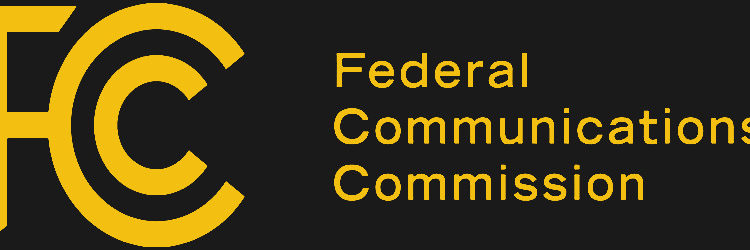FCC Gets Complaint: Proposed Ham Radio Rules Hurt National Security
On November 10 [Theodore Rappaport] send to the FCC an ex parte filing regarding a proposed rule change that would remove the bit rate limit on high frequency (HF) digital transmissions. According to [Rappaport] there are already coded messages that cannot be read on the ham airwaves and this would make the problem worse.
[Rappaport] is a professor at NYU and founder of NYU Wireless. His concern seems to be mostly with SCS, which have some proprietary PACTOR compression schemes as part of Winlink – used in some cases to send e-mail from shipboards.
The FCC proposal is related to a request by the ARRL (American Radio Relay League) that seeks to overturn transmission rate limits imposed in the 1980s, presumably in an effort to limit signals eating up too much spectrum on the bands. However, PACTOR 4 – specifically mentioned in the proposal – is narrow bandwidth but capable of sending 5800 bits per second and is therefore not allowed in amateur bands. The ARRL claims that this actually prevents the tapes from being used effectively. Note that while PACTOR is well known, PACTOR-II, -III and -IV are proprietary and generally cannot be decoded without using an approved modem.
It doesn’t seem particularly relevant to us that increasing or removing bandwidth limits will necessarily lead to national security issues per se. First, the airwaves are not just American. So while the FCC may control radio operators in the United States, that’s not the whole problem. Second, enforcement is weak but not mandatory, and anyone who really wants to compromise national security is likely to flaunt the law anyway. Finally, anyone who really wants to send secret messages can probably do it in other ways and/or use steganography to hide their encoding.
So we’re not sure what the real point of the submission is. Of course, sending coded messages to radio amateurs is against the rules, which should be better enforced. If PACTOR-IV is to be used by radio amateurs, it must be open. But increasing the baud rate limit does not prevent or allow this to happen. Is it really a national security risk? If so, it seems to us only marginal. What do you think? Let us know in the comments.


Comments are closed.